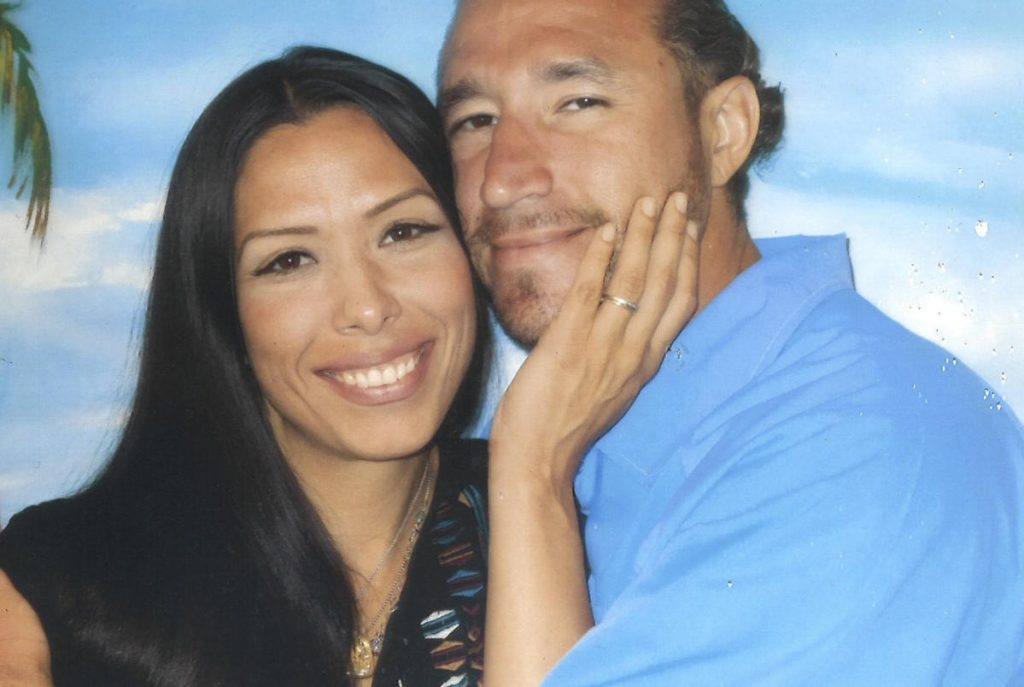Christina Cardenas, the wife of a California inmate, has been awarded $5.6 million after being sexually violated during a strip search while trying to visit her husband in prison. The incident occurred on Sept. 6, 2019, when Cardenas was subject to multiple searches including a strip search by prison officials, drug and pregnancy tests, X-ray and CT scans at a hospital, and another strip search by a male doctor who sexually violated her. Despite no evidence of contraband being found in her body or belongings, Cardenas was denied her visit with her husband.
The settlement includes $3.6 million to be paid by the California Department of Corrections and Rehabilitation and the rest to be paid by other defendants, including correctional officers, a doctor, and the Adventist Health Tehachapi Valley hospital. The searches were conducted on the basis of a warrant, which stated that a strip search could only occur if foreign objects were found in Cardenas’ body. However, no such objects were found, and she was subjected to a humiliating experience, including being put in handcuffs and denied water and use of a bathroom.
During a previous visit to marry her husband, Cardenas also had to undergo a strip search and had experienced difficulties during her visits to him, though not to the same extent as the 2019 incident. The settlement also requires the California Department of Corrections and Rehabilitation to distribute a policy memorandum to employees to better protect the rights of visitors who must undergo strip searches. This includes ensuring the search warrant is read and understood by the visitor, and that the scope of the warrant is not exceeded.
Cardenas’ attorney, Gloria Allred, believes that Cardenas’ experience is not unique and hopes that this case will help protect the rights of spouses and family members who visit their loved ones in prison. California has faced ongoing issues of sexual abuse and misconduct in its prisons, with the U.S. Justice Department opening an investigation into allegations of systematic sexual abuse of incarcerated women by correctional officers at two state-run prisons. The federal Bureau of Prisons also announced the closure of a women’s prison in Northern California following an investigation that exposed rampant sexual abuse by correctional officers.
Despite the trauma she endured, Cardenas hopes that her case will bring about positive changes in how visitors are treated in California prisons. By standing up for her rights and seeking justice, she aims to prevent others from experiencing the same egregious offenses she faced. The substantial settlement she received serves as a form of accountability for the actions of the prison officials and others involved in the violation of her rights.


